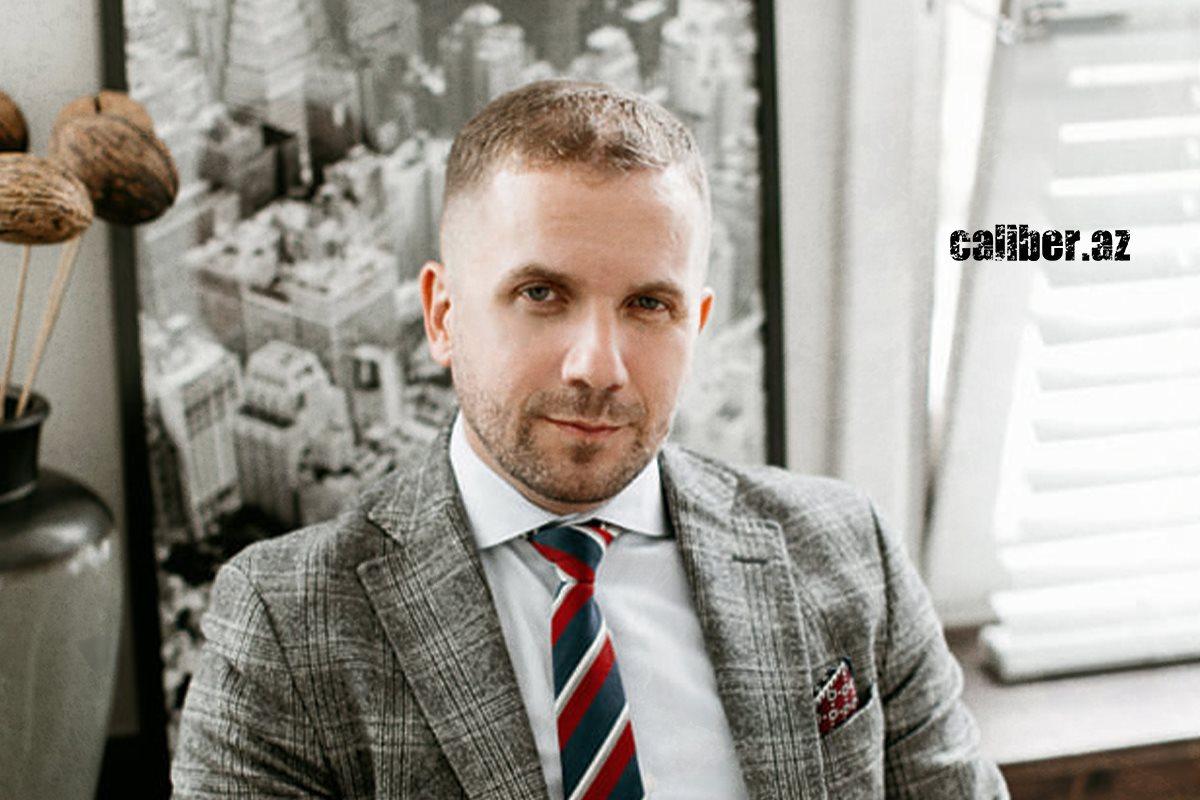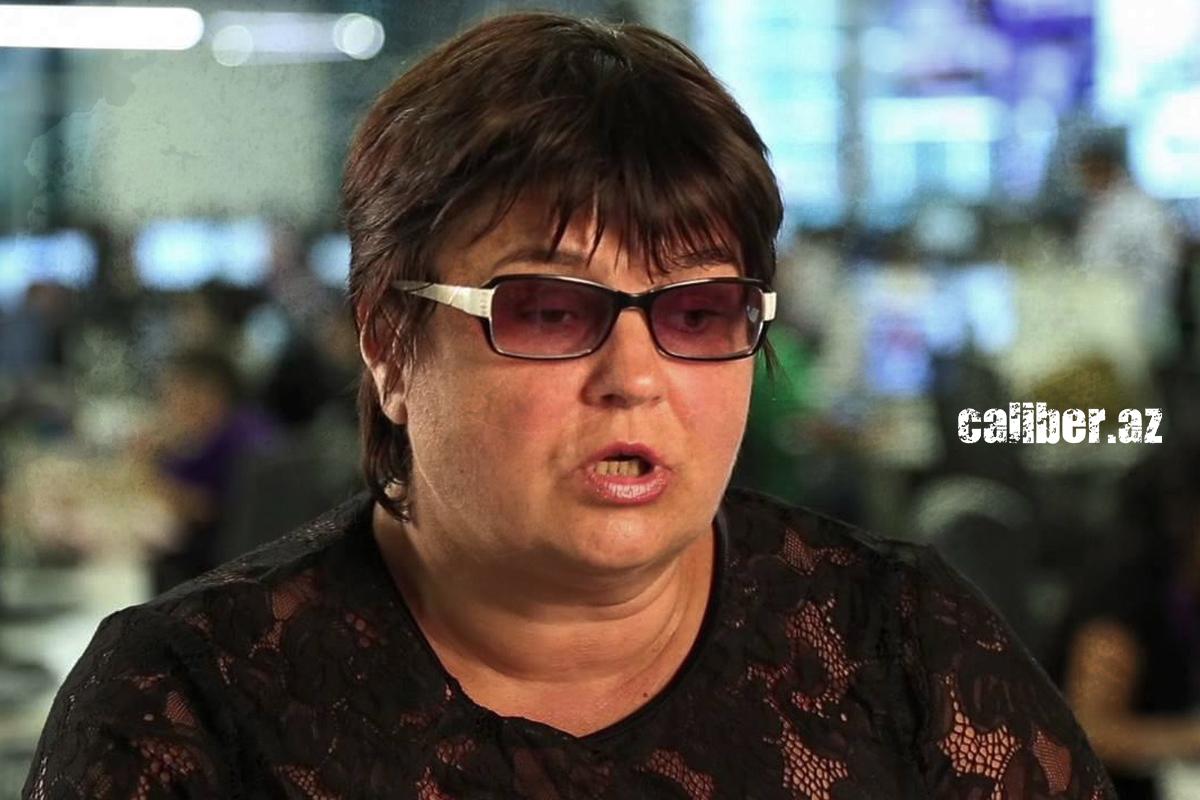Vucic warns of Serbia's Council of Europe departure amid Kosovo debate Double standards alert
Serbian President Aleksandar Vucic has said that the country may withdraw from the Council of Europe if separatist Kosovo is admitted to the organization, according to Danas.
In a TV Prva broadcast, Vucic said that Kosovo could be accepted as a member of the Council of Europe, and if that happens, he admits that Serbia will withdraw from the organization. "We'll see. You may like having Pristina in the Council of Europe more than Belgrade and Serbia," Vucic said. He added that the Council of Europe "does not solve anything" and leaving it is not a problem.
Let us remind you that last year Vucic ignored the Council of Europe summit in Reykjavik because of his refusal to accept Serbia's amendment to the declaration, which states respect for the territorial integrity of Ukraine, Moldova and Georgia. Belgrade had proposed adding the wording "and all other member states of the Council of Europe."
The Serbian autonomous region of Kosovo and Metohija (this is the official name of this separatist region, illegally calling itself the "Republic of Kosovo") is actively seeking membership in international organizations. It is reported that more than half of the UN countries, including Azerbaijan, Georgia, Azerbaijan, Moldova, Ukraine, Spain, China, Slovakia, Romania, etc., are not going to recognize its independence, insisting on the priority of the international principle of territorial integrity of states.
What would happen if the CoE decided to include the illegal "Republic of Kosovo" in its membership? What consequences would it cause for this organization itself and how would it affect international political stability in general? And do we not see here a clear example of those very "double standards", when the territorial integrity of some countries is supported 100% (the same Moldova, Ukraine, Georgia), while others seem to be able to be dismembered, as they are trying to do with sovereign Serbia? What is the reason?
By the way, we have seen the same ambivalent attitude, including on the part of the Council of Europe, towards Azerbaijan, and if it were not for its resolute actions, most likely, the bagpipes with exhortations about the possibility of considering the "independent" existence of the Karabakh junta would still be going on.
Prominent foreign observers shared their opinions on this situation with Caliber.Az.

Stanislav Pritchin, Candidate of Historical Sciences, Senior Researcher at the Center for Post-Soviet Studies of IMEMO RAS (Moscow), believes that for the most part what is happening should be regarded as a continuation of the West's policy with regard to this kind of territorial problems and conflicts.
"In principle, the problem of recognizing Kosovo, which was initially created artificially, suggests that sooner or later it will be brought to an end, that is, accordingly, the recognition of Kosovo as a full-fledged actor. The West has no other way. Either it was necessary to leave this problem in some intermediate variant. But, apparently, they decided to go fundamentally further, through the involvement of Kosovo in integration associations, in international organizations. And the Council of Europe was most likely chosen as an initial stage, as one of the most ‘light’ European structures with a minimum set of requirements for its members," Pritchin said.
He notes that this process comes into contradiction with all other similar problematic points on the map of the same Europe. Let us recall at least the same Catalonia in Spain.
"And the reason for this is simple: the West does not want to deviate from its principles, they are a constant, so it is not in the interests of the West to change its approaches, to revise its paradigms, even taking into account the changing geopolitical situation. In general, they continue to bend the same line, despite everything.
If Kosovo is admitted to the CoE, nothing will change for the organization as a whole globally. That is, for those states that understand the absurdity of what is happening, of course, the status of the Council of Europe will be maximally reduced. A number of countries in the post-Soviet space quite clearly realize how counterproductive such actions are. But for the European Union, for the West, it is, in principle, built into their system, so they will continue in the same spirit with the same goals," Pritchin believes.

Tatiana Poloskova, PhD in political science and diplomat, when asked whether the Council of Europe would dare to step in with acceptance, replies: "Why not? International law has been crumbling before our eyes for years, turning into mere declarations. And double standards are gaining strength. And, I fear, will soon become the norm. These are the realities of today.
Yes, President Vucic said that if separatist Kosovo is admitted to the Council of Europe, Serbia may withdraw from the organization. In my opinion, Vucic will not take such a step: the majority of the country's population does not recognize an independent province, but the majority does not want to cut ties with European organizations.
Vucic added that the Council of Europe does not decide anything. Yes, that's right. The crisis of international organizations, which have turned into feeding troughs and, in essence, do not solve anything, has come a long time ago. And the UN does not solve anything either. The world is ruled by transnational corporations, including criminal ones. It is they who form lobbies in state structures and international organizations. There is nothing new here. But the question arises: if Vucic leaves the Council of Europe together with Serbia, will it not cause complications with other international European organizations? With other European countries? It is easy to slam the door. And then what?” - asks Poloskova.
According to her, on the part of the Council of Europe, lobbying for Kosovo to join this organization is a blatant manifestation of double standards.
“If such a decision is made, the internal turbulence of the Council of Europe will intensify. But I don’t predict a long and productive life for this organization anyway. Regardless of the decision on Kosovo.
The Council of Europe demonstrated the same double standards in relation to Azerbaijan. So far, the leadership of Azerbaijan, with the support of the Azerbaijani people, has not put an end to it and liberated Karabakh from occupation. I am sure that the time will soon come to reform the format, goals and objectives of international organizations. If Vucic wants to take this initiative, then many will shake his hand with complete sincerity,” Poloskova concluded.








